Charles Pakana: Joining me today on the Referendum 23 Tapes podcast is Professor Cheryl Saunders from Melbourne Law School. She is President Emeritus of the International Association of Constitutional Law and for over 30 years, has been committed to encouraging public understanding of the Australian Constitution. She joins us now for the first of several discussions we’ll be having over the months in the lead up to the Referendum.
Professor, thank you so much indeed for talking with me today.
Prof. Cheryl Saunders: It’s a real pleasure.
Charles: Professor, let’s get right into it. Can we start off with a basic understanding – and keeping it at a fairly simple level – of the actual purpose of the Australian Constitution?
Prof. Saunders: The Australian Constitution is our most important law. It’s the one that tells you what other things governments can do. It sets up the system of government. It establishes the Commonwealth Parliament and government and court system. It divides power between the Commonwealth and the State. In other words, it tells you what can be done at the national level of government and what can be done at the state level of government and how.
Charles: Now it seems also that it’s not necessarily a document that’s fastidiously kept up to date. Looking at the 2020 Constitution, it’s still states there that the Governor General shall be, or the Queen, shall be paid by the Federal government 10,000 pounds to be used for payment of the Governor General. It’s not necessarily fully up to date, or is it just not easily kept up to date at that level?
Prof. Saunders: Look, there’s a couple of answers to that, Charles. Of course, the Constitution’s now very old, came into effect in 1901. Our relationship with the British Monarch was very different in those days. You’re right, it hasn’t been changed.
That’s partly because the Constitution’s not easy to change. But the other answer to your question is to say this, but constitutions generally are written in pretty general terms. They’re expected to last over a long period of time. The section you referred to, of course, sounds very dated and is very dated, but there are other sections. Section one for example, that says there’ll be a Parliament that exercises law making power. That’s the sort of section that can go on for centuries and it will still be accurate.
Charles: Well, I think one of the obvious questions is why can’t it be easily changed? Why is it such an important document that the government in power at the time may say, “Well, we don’t approve of a certain area, we’re just going to change it via ordinary legislation without going to the states and the people.” Why isn’t it that simple?
Prof. Saunders: Well, because Constitutions are our most important law, you want them to last beyond the life of a current government. Constitutions tell governments what they can do. If a government wants to get around the Constitution, you don’t want it to be able to amend it too easily. We have a very interesting, and I think very principled system that you have to ask the people when you amend the most important law in Australia. It’s very unusual. Most of our government decisions are not made that way, but it just is a sign of the significance of the Constitution. It means that once we agree to amend the Constitution, the change has all that much more legitimacy.
Charles: How secure is the Constitution itself though? Because I’m sure a number of people, depending on how old they are and how well they keep up with current affairs, may well have heard instances in the news where a government, not in Australia, has suspended its Constitution in order to achieve political or social goals. Can that be done here in Australia? What would be required?
Prof. Saunders: Look, there’s a sense in which that can be done anywhere. It’s a revolution. Anybody can have a revolution. Australia tends not to. We’re a very stable society. We are a society that’s prided ourselves on complying with law, in other words, on the rule of law, for better or sometimes for worse.
Really, although people’s circumstances clearly are very different, this is a fairly prosperous society, a long way from the rest of the world. There’s not the same sort of impetus for that sort of revolution removed that you might find in other more troubled places.
Charles: There tends to be a fair bit of confusion within community, thank you to American television of course, between our Constitution and that of the United States, and in particular, the US Bill of Rights, which consists, as we know, those first 10 Amendments to the US Constitution. Do we in Australia have anything akin to those sorts of amendments and a subsequent Bill of Rights?
Prof. Saunders: Well, we certainly don’t have a Bill of Rights in the National Constitution. When we made our Constitution in the 1890s, we took some ideas from the United States, some from England and some from other countries elsewhere in the world. We didn’t take the Bill of Rights from the United States. We tended to follow the British approach to protecting rights. That was to rely on courts and the Parliament. Courts applying the common law, and parliaments showing self restraints and a degree of wisdom.
Of course, there’s been a big debate in Australia since then about whether we were right to do this, whether we should have a Bill of Rights. I think that debate will continue. But in the intermediate term, what we have seen, rights being protected through legislation.
For example, the Racial Discrimination Act is an act of the Commonwealth Parliament protecting those sorts of rights. At the state and territory level, we’ve seen rights being protected in a general way. In Victoria, for example, was the Victorian Charter of Rights and Responsibilities.
We have a different approach to protecting rights, but that doesn’t mean that rights aren’t important and it doesn’t mean that they don’t have a degree of protection.
Charles: Well, knowing our rights can only come about by being informed. You’ve been involved, as I mentioned at the top of the interview, for more than 30 years on encouraging public understanding and education on the Constitution. How bad is it? How little do people know about the Constitution?
Prof. Saunders: Look, I think people know different amounts about the Constitution. We are fond of saying that people don’t understand the Constitution. To some extent, of course that’s true, but every now and again we have a debate.
During Covid for example, there was a big debate about who had responsibility for health and who had responsibility for the economy, in a circumstance where the effectiveness of government really mattered. I was really impressed at the way in which a lot of Australians engaged with each other, often very respectfully on those questions.
It’s nothing to be ashamed of if people don’t have a deep understanding of these matters. People have got other things to do with their lives. When a referendum comes along, it is important that we understand. Anything those of us who do know a bit about it can do to help, we’d be very happy to do it.
Charles: We’re certainly going to be talking in subsequent discussions about what it takes to change the Legislation and why cert… Or change the Constitution, I should say, and why certain legislations can’t be released prior to the referendum. We’ll definitely go into that because it becomes a bit of a quagmire. But if we go back a couple of decades to the referendum we had about becoming a Republic, now if that were to happen, would we then be looking at, let’s do an entirely new Constitution?
Prof. Saunders: I suspect the answer to that is no. Doing an entirely new Constitution is a very big deal. We can look at examples of countries around the world that are really doing that at the moment, but really finding it as a huge public exercise that can potentially be divisive. This debate is going on in Chile at the moment, for example.
I think if and when we go down the path of looking at a Republic again, we’ll need to decide what to put in place of the Queen and the Governor General and what other changes to make. But I suspect that we’ll use the base Constitution as the continuing Constitution and just make whatever particular changes need to be made to bring a Republic about.
Charles: Now that does though, need to, once again, then go to a referendum, doesn’t it?
Prof. Saunders: Absolutely. It would be a more complicated question for people than the question that’s likely to be asked with a voice referendum, which will be a fairly straightforward change to the Constitution.
Charles: Now, just to give people an idea and maybe a bit of a teaser for a future interview that will be having, or discussion we’ll be having, there have been quite a number of referendum over the years since Federation, how many have we had and how many have actually resulted in a change to the Constitution?
Prof. Saunders: Well, we’ve had 40 odd, actual referendums, eight of which have resulted in actual change to the Constitution.
Charles: What’s it.. barely 20%? Yeah.
PProf. Saunders: Yes. Some of those changes were more complicated than others. Some of them were more significant than others. Some of the proposals that have been rejected, probably at no great loss. Again, there’s a debate to be had on every occasion about whether people are happy with it or not.
Charles: We’re seeing, obviously, a great deal of division within communities and the country itself about this current referendum that’s coming up later in the year. Is that fairly typical of a referendum that we see this division and this vehemence?
Prof. Saunders: Well, it’s inevitable then in a country like ours people will have different views. I think it’s going to be interesting to see how great the divisions actually are. I noticed, for example, today that some of the ethnic community bodies have come out and said, “Well, we are not opposed to it. We’re in favour of the voice.”
Charles:
Yes, I believe the president of the FECC has come out stating that they are firmly behind that.
Prof. Saunders: Yeah, which I think is interesting. The temptation when a referendum is coming forward is to make it a party political issue. That happens because the initial proposal to change the Constitution has to pass through the Commonwealth Parliament. If the parties, for whatever reasons, are divided on that question, then it automatically looks as if the community is also divided.
But we just need to remember that this is a very different way of making decisions in the end. Sure, the Parliament has to pass the initial referendum law, but then it comes to us and the people can do what they like with it. They don’t have to divide on party lines. Ideally, they are put in a position where they can really understand the proposal and they make up their own mind.
Charles: As we all know, it doesn’t matter what you say in public, it’s what you actually do inside the polling booth that really matters. That’s all our own business.
Prof. Saunders: That’s right.
Charles: Professor Saunders, thank you so much indeed. We will be chatting again in a couple of weeks and hopefully yarning about how a vote is actually made because it’s not as simple as people may imagine. Thank you so much and I look forward to our next yarn.
Prof. Saunders: Thanks Charles. Can just say that if people want to write in any questions or send in any questions, I’m happy to deal with particular questions that people have.
Charles: We will certainly take advantage of that. You are encouraged – there is a feedback form on the Victorian Aboriginal News website. There is a link on the front page to that particular form. We will pass on all questions to the professor. Professor, once again, thank you so much.
Prof. Saunders: Thanks. See you next time. Bye.


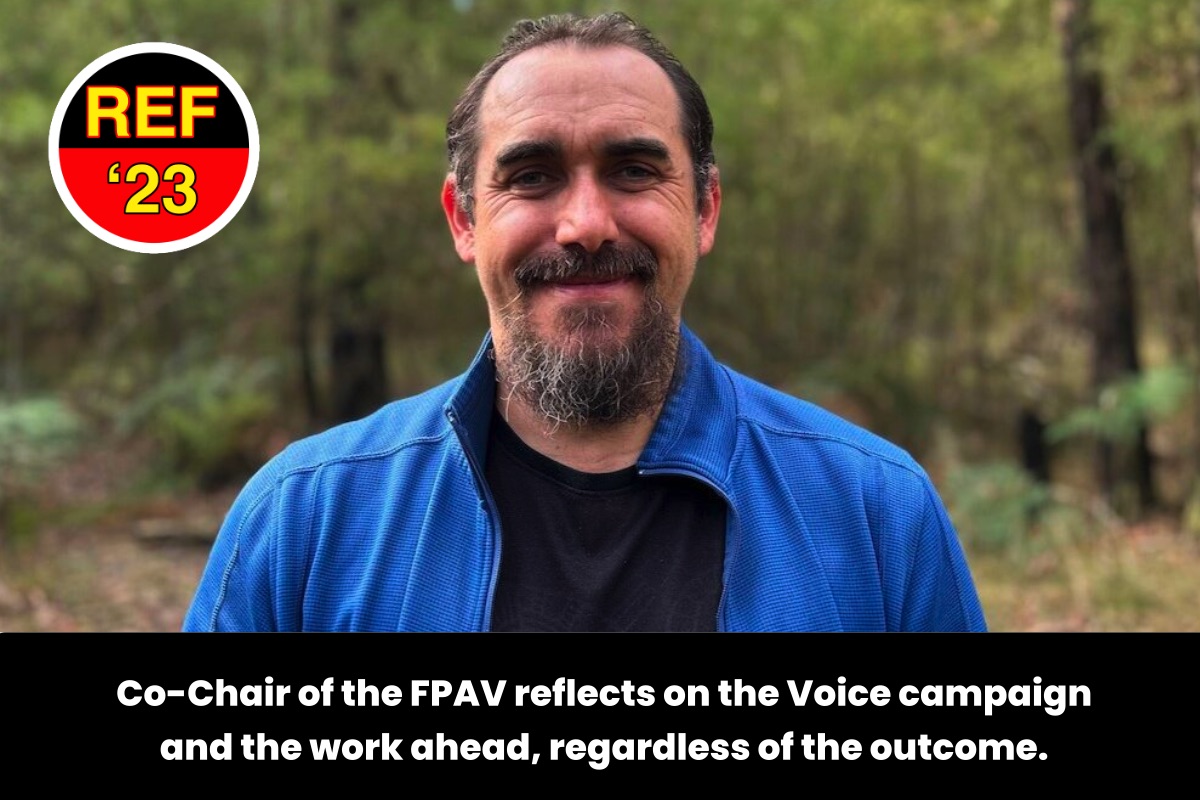
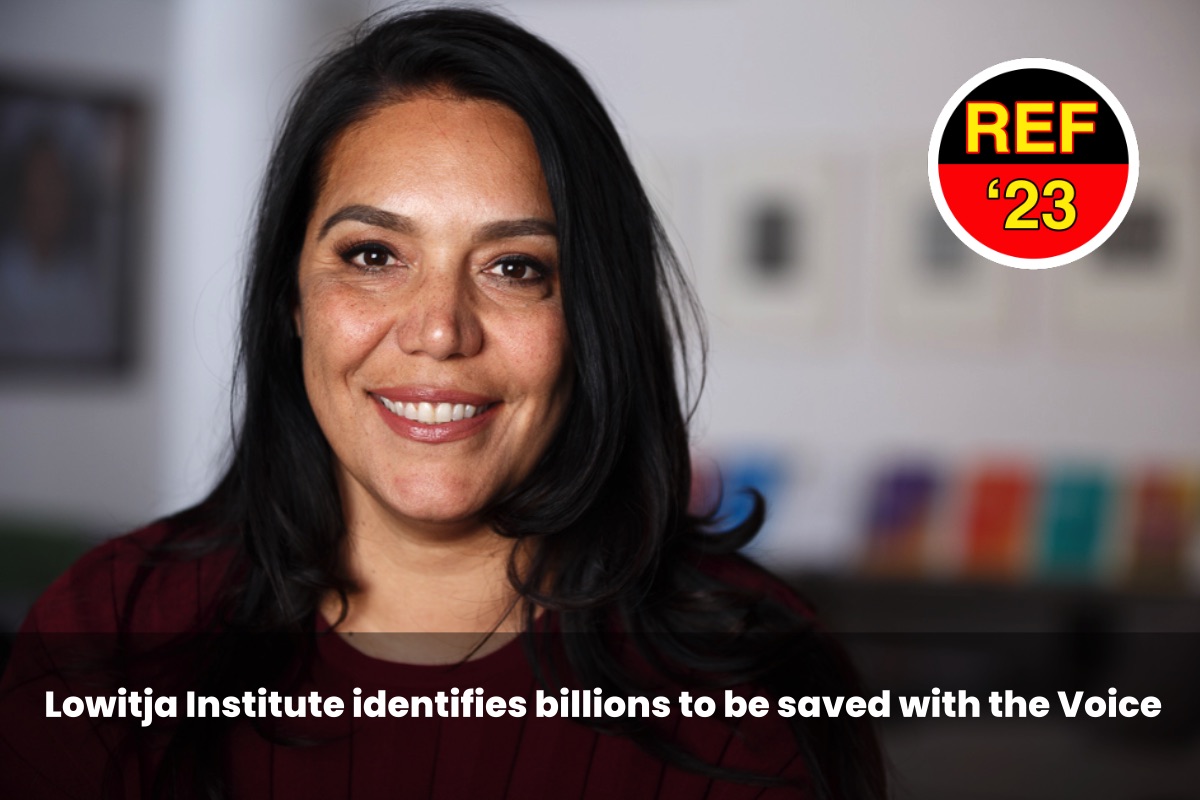
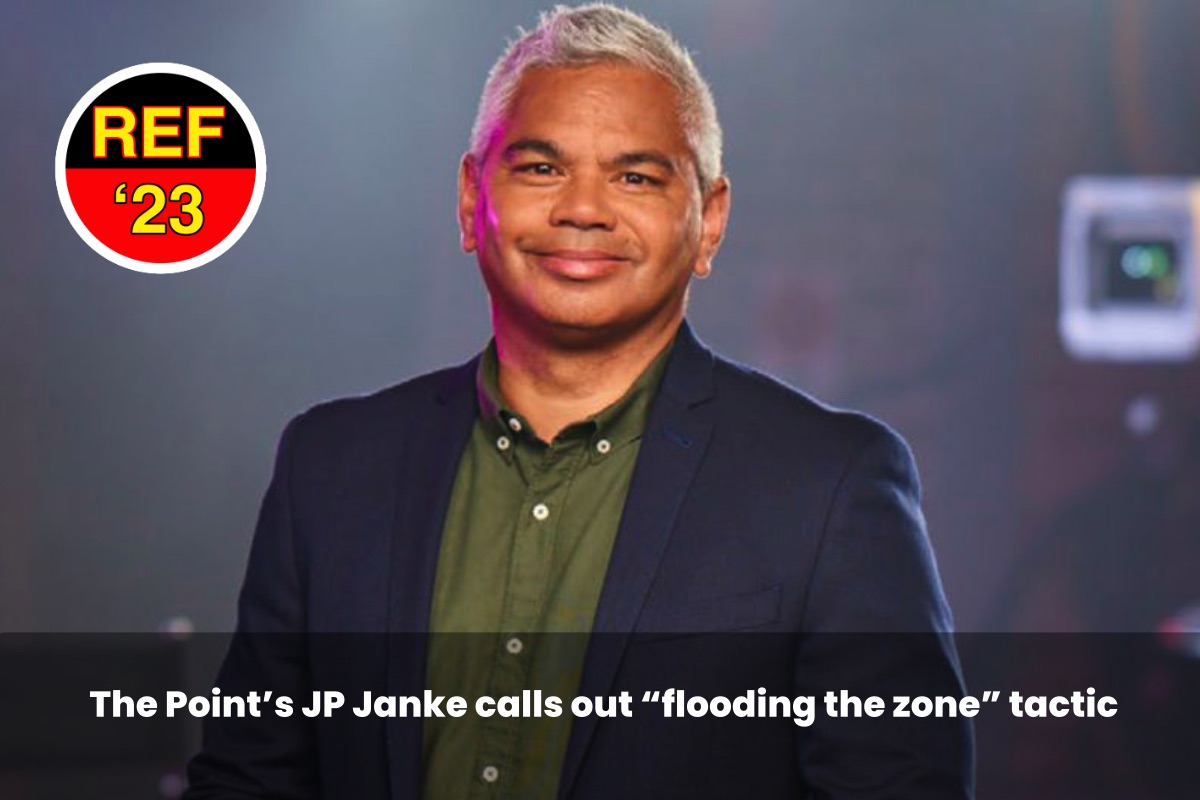
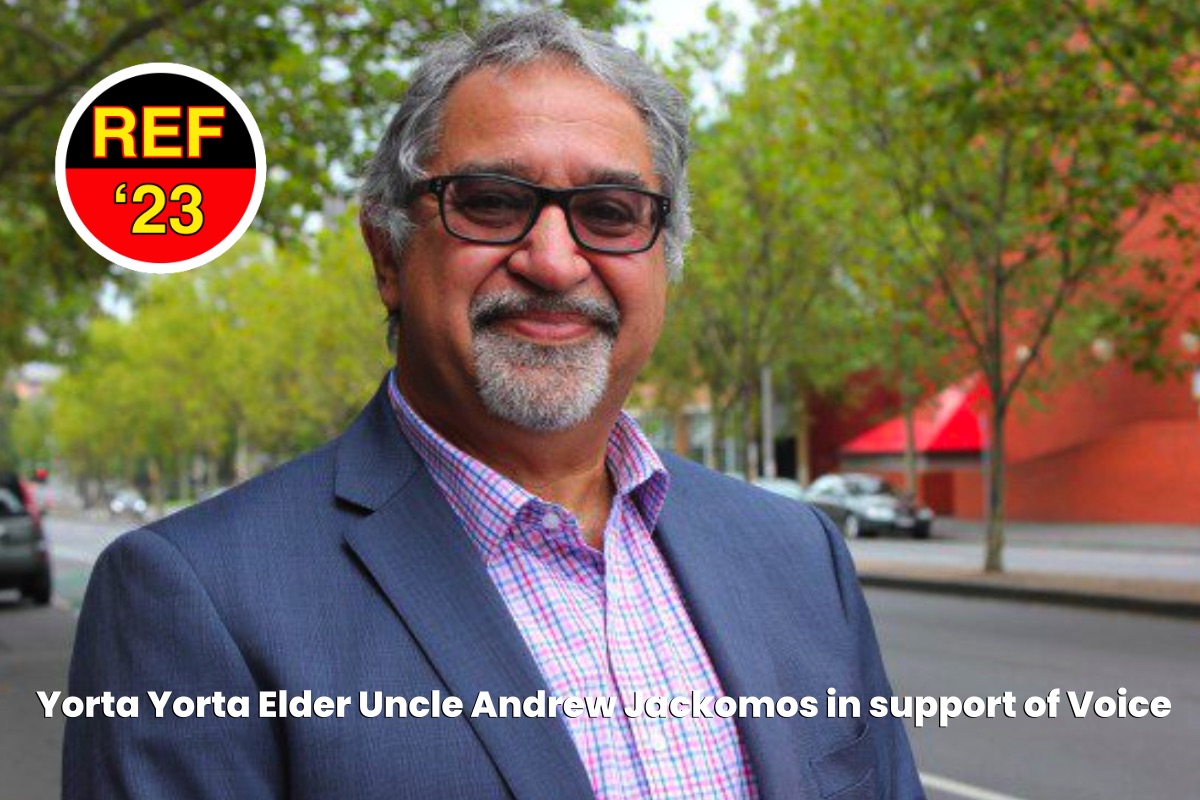
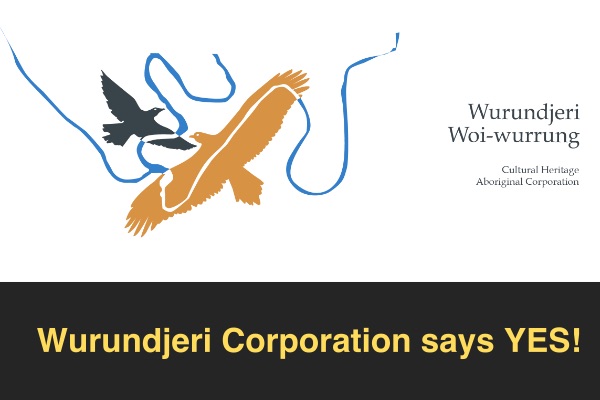

0 Comments